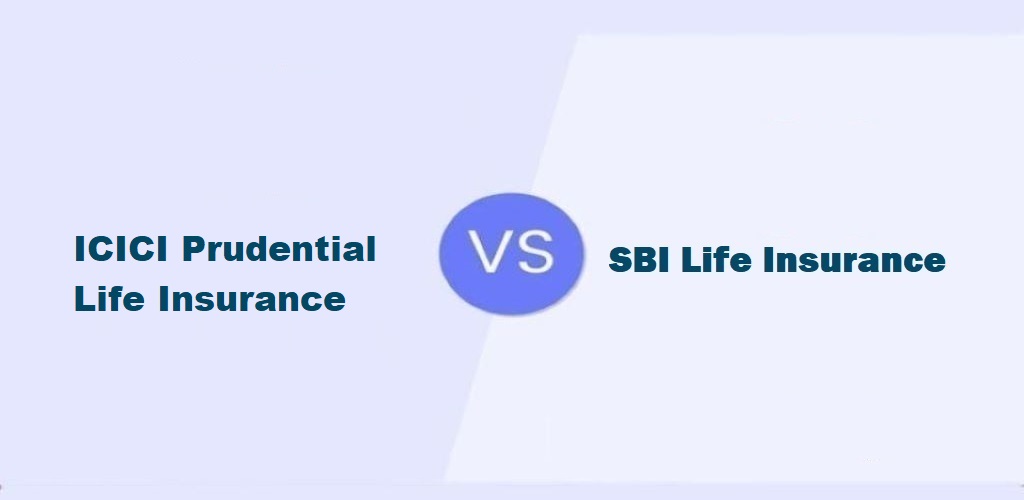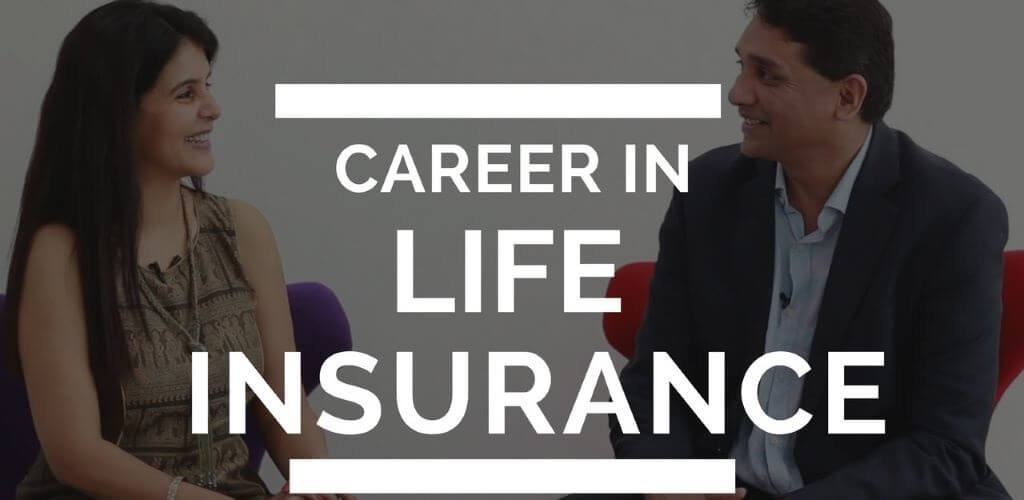It is extremely vital to save our money for a rainy day when we start earning. None of us can ever predict death or other unexpected circumstances. But there has to be a backup plan that can secure the future of our loved ones.
Therefore, it is highly advisable to get a term insurance plan, especially if you have financial dependents in your family. The real challenge, however, is choosing the right term insurance provider and plan. The purpose of this article is to assist you in recognizing various factors that can help you in selecting the one that best meets your requirements.
What Is Term Insurance?
Term insurance is a sort of life insurance that offers you protection against death for a predetermined amount of time. It is the purest and most straightforward type of life insurance. If you are insured with a term insurance policy, the pre-determined death benefit will be paid to your designated beneficiaries in case of an unfortunate event. The primary goal of term insurance is to protect your loved ones financially from any potential income losses that may result from your passing.
Who Requires A Term Insurance Plan?
There are several variables that affect the answer to this question. As you now know, term insurance is crucial to give your loved ones financial stability in the event of your passing, which would cause a loss of income. This could also mean that your family’s plans for things like marriage or your children’s higher education are affected. In addition, if you have debts like a home loan or car loan that need to be paid back, your family will be responsible for making the payments in the event of your untimely death.
The payout from term insurance to your family can cover all of these scenarios. In a word, your family’s financial aspirations, your financial dependents, and your liabilities will determine if you need term insurance. Some term insurance policies additionally include coverage for risks associated with one’s lifestyle, such as serious illnesses. Therefore, you should think about a term plan if you believe you are in danger of any lifestyle-related illnesses like cancer or heart disease.
How Do I Choose The Best Term Insurance Plan?
In order to choose the best term insurance plan, you need to follow the below-mentioned tips:
Assess Your Needs:
The evaluation of your needs is the first stage in buying a term insurance policy. Set out to explore plans after calculating the level of coverage you believe your family will be able to afford in the upcoming years. Your age and financial status will also determine the policy when you get term insurance. It has an impact on the policy’s term and, as a result, the more appropriate level of life insurance coverage.
Additionally, each person in life has specific financial obligations. If you are your family’s only source of income, they may rely on you for a long time to help them achieve their goals in life. An unmarried person, on the other hand, might not have many dependents. As a result, you should think about who needs term insurance and how to select term insurance for them.
Analyze Your Income:
How to choose a term insurance amount that will be sufficient for their family is a typical problem among people. To gain a more realistic view of your revenue, it is advisable to evaluate it. Our individual financial responsibilities in life call for a different percentage of our income. You can invest more wisely once you assess your income’s constraints.
To avoid overestimating life insurance, it’s crucial to determine the financial needs of your loved ones. You risk placing an excessive load on your financial circumstances if your salary is insufficient to cover the premium payment.
Consider The Type Of Term Insurance:
You will experience changes in your financial circumstances as you advance in life. Consider your needs and these dangling circumstances before choosing a type of term plan. The four different term plan categories and how they could be useful are described below.
- Increasing Term Insurance: Under this plan, the total insured amount will rise by a certain percentage to account for rising inflation-related expenses. Increasing insurance plans are helpful in this situation because rising prices call for a larger level of protection.
- Decreasing Term Insurance: Different stages of life comes with different liabilities. Early in life, one may be responsible for loan repayments, kids, siblings, or elderly parents. However, over time, as your children and siblings become self-sufficient and as you successfully clear your debts, you will have fewer dependents to take care of. Your requirement for insurance coverage will consequently decrease. For such circumstances, decreasing plans are excellent because the aggregate assured amount decreases by a fixed percentage every year.
- Level Term Insurance: The premium payment under this plan stays the same for the course of the policy.
- Monthly Income Plan: In accordance with this plan, the sum assured benefit is distributed in regular monthly installments to assist the dependents in covering recurring monthly costs.
Consider The Premium Cost:
An important factor that has a significant impact on whether someone decides to buy a plan or not is the premium amount. Pricing, however, does not indicate a plan’s effectiveness or a provider’s dependability. The best features are not always included in more expensive plans. Similarly, a cheap plan won’t necessarily be ineffective either, to put it another way.
However, avoid letting cost be the main consideration when buying a plan. Even if it costs more than you’re willing to pay, compare plans and choose the one that offers the best coverage and features. Additionally, seek term plans online because they are typically much less expensive than their offline counterparts.
Check The Claim Ratio:
The claim ratio is another crucial element that must be taken into account when purchasing term insurance. Check the claim ratio of each insurer before you pick one. This ratio effectively compares the total number of claims filed to the total number of claims the company has resolved. The claim ratio would be 90%, for instance, if insurance received 100 claims in total and paid out on 90 of them. This is a significant sign of how the corporation intends to handle lawsuit payouts. Go for the term insurance providers whose claim settlement ratio is above 90%.
Prefer For Riders:
In addition to death, there are a number of other hazards that can endanger the financial security of your dependents, including accidents, severe illnesses, unintentional disabilities, etc. An add-on benefit known as a rider can be added to the base policy for an additional premium and helps protect against such risks. Consider an insurer that offers you a variety of rider options while making your selection. Riders for accidental death, premium waiver, accidental disability, accelerated sum assured, critical illness, and hospitalization benefits are some of the more popular types that are offered.
Do Research On Customer Service:
When purchasing term insurance, be sure to study the insurer’s customer service as well. After all, the effectiveness of the customer service will determine how quickly or slowly your issue is treated once you have purchased the policy and may have a problem. Go through the online reviews and ratings as they put forth major positive and negative aspects of the company.
Go For Higher Solvency Ratio:
The solvency ratio is another sign of a company’s ability. The solvency ratio reveals if the insurance you select has the resources necessary to pay out on your claim, should the need arise.
Every life insurer is required by the Insurance Regulatory and Development Authority of India (IRDAI) to maintain a solvency ratio of at least 1.5. This is done to make sure the insurer always has enough money to pay claims in an emergency. A better characteristic to look for in an insurance company is one with a greater solvency ratio.
Check The Insurer’s Reputation:
There are some more criteria that can be taken into account in addition to the claim ratio and solvency ratio when evaluating the reputation of the insurer. These consist of the insurer’s track record with regard to corporate governance, assets managed (AUM), and the number of times the insurer has disregarded IRDAI regulations. These criteria will provide you with a detailed idea of the image of the insurance company.
Look At Your Existing Liabilities:
Other significant considerations in the process of selecting term insurance are liabilities and debts. People frequently have large loans that must be repaid over time. Financial hardship may result for your dependents if the duration of the policy does not extend through the repayment period or if the payout is insufficient. Therefore, it is essential to comprehend how to select the greatest term plan by carefully taking one’s debts and liabilities into account.
Keep In Mind Inflation:
Whatever coverage you are choosing today for your family may not be sufficient for them in the coming 10 years. This is because inflation would cause the price rise of the products available in the market. To curb this problem, you can choose the insurer that allows you to hike the cover amount by 5% to 10% every year. This periodic increase in the covered amount will help your loved ones to meet their financial goals in the coming years.
When Is The Right Time To Buy A Term Insurance?
The answer to this is that you should purchase a term insurance plan as soon as you have dependents, family goals, or liabilities. The main justification for this is that as you get older, your premium for the same coverage will go up.
For instance, for an annual premium of about Rs 7,400, a 30-year-old non-smoker can purchase term insurance with a cover of Rs 1 crore that lasts till the age of 60. A 45-year-old non-smoker would need to pay roughly Rs 14,700 for the same coverage. Additionally, the cost of term insurance doesn’t change. As a result, if you are the 30-year-old in the aforementioned scenario, you will continue to pay the same premium for the following 30 years, with the exception of taxes.
Takeaway
There is no denying the fact that term insurance plans provide sufficient coverage without breaking your bank. It is, however, important for you to consider following the above-mentioned tips before purchasing a term insurance plan. This will assist you a lot in making a wise decision regarding selecting a term insurance plan.








